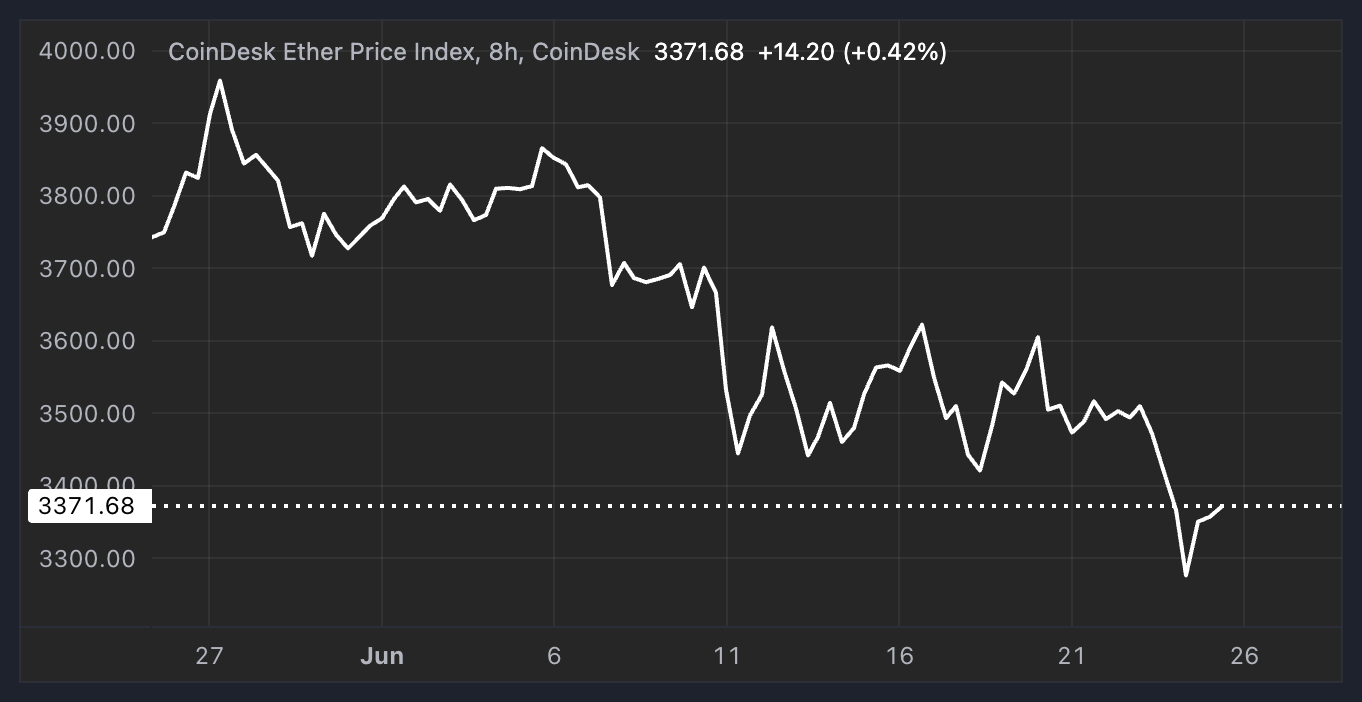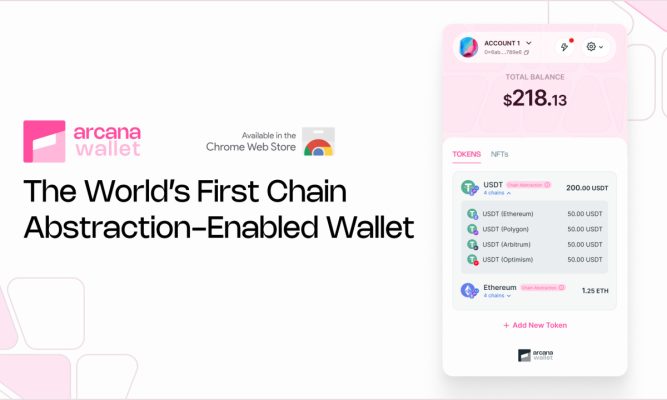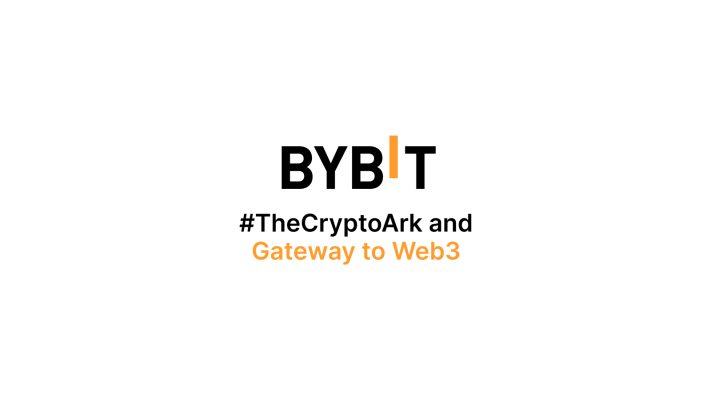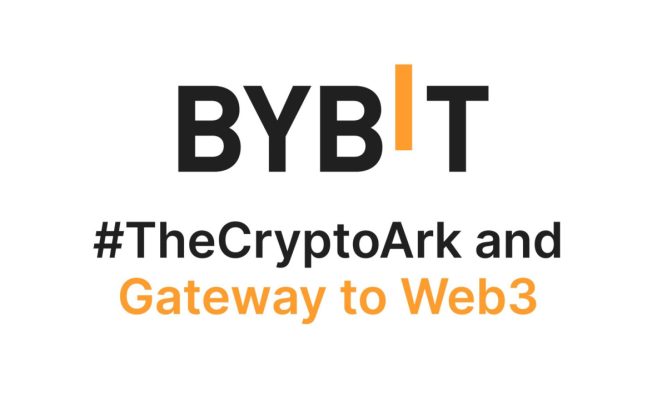Ethereum ETF seems to be the latest news within the financial world, especially when it marks a new milestone for crypto investors and the greater adoption of the Ethereum network.
The latest US Securities and Exchange Commission (SEC) Spot Ethereum ETF approval comes bearing gifts: eight exchange-traded funds backed by spot Ethereum’s native coin, Ether, after the SEC approved the stocks (19b-4) filings. However, some security-specific registration (S-1) forms need tweaks to receive the final SEC launch veto.
Moreover, as of May 2024, the SEC takes a different position toward crypto regulation and is opening the borders to the Ethereum institutional investment objective. Some analysts have predicted that the SEC could approve the trading funds as soon as the first week of July.
However, in anticipation of the Ethereum ETF launch, which some speculate will be on July 2, the question remains whether its approval will trigger a 30% price increase.
Let’s get into the details!
What are Ethereum ETFs?
Ethereum ETFs, or exchange-traded funds, are an investment type that tracks the price of the underlying asset, Ethereum. As such, investors could start buying shares of the ETFs or selling them on a traditional stock exchange, thus facilitating Ethereum investments without directly holding the assets.
Ethereum ETFs, or exchange-traded funds, are just like Bitcoin ETFs. Investors don’t trade Ether tokens directly but gain exposure from holding derivative contracts. As such, investors can confidently trade on regulated US exchanges.
Moreover, there are two types of Ethereum ETFs: Spot Ethereum ETFs and Futures ETFs.
Therefore, Spot Ethereum ETFs hold Ethereum directly, as seen with the Spot Bitcoin ETFs. In contrast, Ether futures contracts are related to Ethereum’s token values, and its shares can be traded on regulated exchanges, and they were approved in October 2023.
So, in short, a Spot Ether EFT will be traded on the US stock exchange, enabling investors to gain exposure without dealing with the complexities of buying and owning the digital asset. Also, since they’re available on the stock exchange, they are quick and convenient for anyone, potentially increasing liquidity and market participation, making them a financial instrument within the crypto market.
Spot ETH ETFs vs. Futures ETFs
Spot ETH ETFs:
Spot Ethereum ETFs hold digital assets and closely track underlying asset prices. Moreover, compared to Futures ETFs, they can be more cost-effective, but there’s no guarantee of future results.
Another essential aspect is that Spot Ethereum ETFs present more regulatory challenges than futures and are subject to custody risks.
Ether Futures ETFs:
Investing in Futures ETF contracts presents less efficient price tracking of the underlying assets. Also, the Ether futures don’t have any regulatory or custody risks and usually have higher management costs.
What Factors Contributed to Ethereum ETF Approval?
There were several factors that contributed to the approval of the SEC’s approval of Ethereum exchange-traded fund, such as:
- The regulated Ether futures market offered a robust and reliable price value for the underlying assets;
- Once the staking features were removed due to the SEC’s classification of staking as an unregistered security, it contributed to the favorable outlook;
Therefore, eight Ethereum ETFs are due to be launched soon, and as some speculate based on recent developments with S-1 filings, it could start at the beginning of July 2024. But let’s find out the entire listing and trading of Ethereum ETFs:
- Grayscale Investments Ethereum Trust;
- Bitwise Ethereum ETF;
- BlackRock’s iShares Ethereum Trust;
- VanEck Ethereum Trust;
- ARK 21Shares Ethereum ETF;
- Invesco Galaxy Ethereum ETF;
- Fidelity Ethereum Fund;
- Franklin Templeton’s Franklin Ethereum ETF.
What is the Impact of Ethereum ETFs on Ether Prices?
Undoubtedly, the SEC’s decision has impacted the Ethereum market, and thus, there was a price surge surrounding the announcement. Therefore, since the announcement was made in May, in the first few weeks, Ethereum’s price stood between $3,657 and $3,960, despite its initial 37% past performance price surge from May 15 to May 24, as it could be related to the anticipation of ETH ETFs investment products that will soon to be launched on the crypto market.
Moreover, since the SEC announced its approval, the Ether ETF price has barely moved and has even fallen below $3.500, showing a lack of movement.
Let’s see what is the current state of ETH, based on the Coindesk Ether Price Index:

Moreover, the Ether ETFs are expected to significantly impact the Ethereum ecosystem by providing accessible and regulated investment objectives, thus attracting a broader pool of investors, increasing liquidity, and the greater adoption of the Ethereum network.
However, as Andrew Kang from Mechanism Capital advises, there are also opposing opinions that Ether could drop to $2,400 after the spot Ether exchange-traded funds (ETFs) launch. This is related to the fact that, unlike Bitcoin, Ethereum attracts fewer institutional investors since there are fewer incentives to transform spot Ether into ETF form.
What About Ethereum Staking?
From the start, we know that Ethereum ETFs excluded staking, a well-known mechanism that allows Ether traders to earn rewards by locking up their digital asset holdings, thus helping the network. However, as briefly mentioned, the SEC’s perspective on the staking-as-a-service features is that they are considered unregistered securities.
Therefore, with the lack of ETH staking features, Ether ETFs may fall short, as they don’t provide the same level of exposure to the network and dApps as direct Ethereum ownership.
Investing in Ether ETFs vs Buying Ether Directly
As of June 2024, investors could either buy Ethereum directly or invest in Ether Futures ETFs with the help of Ether futures contracts.
When discussing directly buying Ethereum, we must mention that it offers pros and cons, such as holding and owning ETH directly. Yet, it could be a big responsibility as you must manage and store your crypto wallet and private keys. Another consideration of this method implies that crypto exchanges often face regulatory challenges, different tech threats, and hacks, whereby bad actors and scammers are around the corner.
On the other hand, Spot Ethereum ETFs are a more accessible and regulated investment type, providing investors with exposure to price movements. Thus, investors don’t hold the crypto directly. But as the news goes, only Futures ETFs are live, and Spot Ether ETFs are soon to be live.
However, on Futures-based ETFs, Ethereum can be traded through derivatives, such as futures and option contracts, on cryptocurrency exchanges for leveraged trading, hedging, or speculative motives. However, as we all know, derivative trading comes with different investment risks and complexities, as it is not fully regulated.
But here’s the thing about Spot Ethereum ETFs—liquidity. For example, major crypto exchanges offer high Ether Futures and options liquidity, yet when discussing the Spot Ethereum ETFs, the market may fall short.
Ethereum ETF FAQ
What is Ethereum ETF?
An Ethereum ETF is a regulated investment that offers traders and investors an easy way to participate in the crypto market without directly managing digital assets. Therefore, it could gain exposure to Ethereum’s performance and avoid the complexities of direct ownership.
Moreover, there are two types of Ethereum ETFs: Spot Ethereum ETF, which is soon to be launched as it was approved, and Futures Ethereum ETFs, which have already been launched.
Does Ethereum have an ETF?
Yes, Ethereum already launched the Futures ETFs, whereas the Spot ETFs are soon to be launched.
When will Ethereum ETF be approved?
Ethereum ETF has already been approved, but as with any regulatory complexity, the process takes time. It is speculated that the Spot ETFs could be launched in the first part of July.
Are Ethereum ETFs legal?
Yes, Ethereum ETFs are legal in the US. The Securities and Exchange Commission (SEC) just approved the sale of Spot Ether ETFs after receiving many proposals from NYSE, Nasdaq, and CBOE to allow Ethereum Exchange-Traded Products (ETPs) and ETFs.
But as with any ETF, trading will be later available, as individual ETF approval needs to be in place. However, this is a step forward within the crypto space, as past SEC’s cautious approaches haven’t been welcoming within the crypto community.
Final Thoughts
Undoubtedly, the SEC’s approval of Ethereum ETFs marks a significant step towards broader cryptocurrency adoption. With both Spot and Futures ETF options, investors will gain easier access to Ethereum while potentially boosting the network’s liquidity and ecosystem. While price predictions remain uncertain, Ethereum ETFs offer a regulated and secure way to participate in the growth of this innovative technology.


